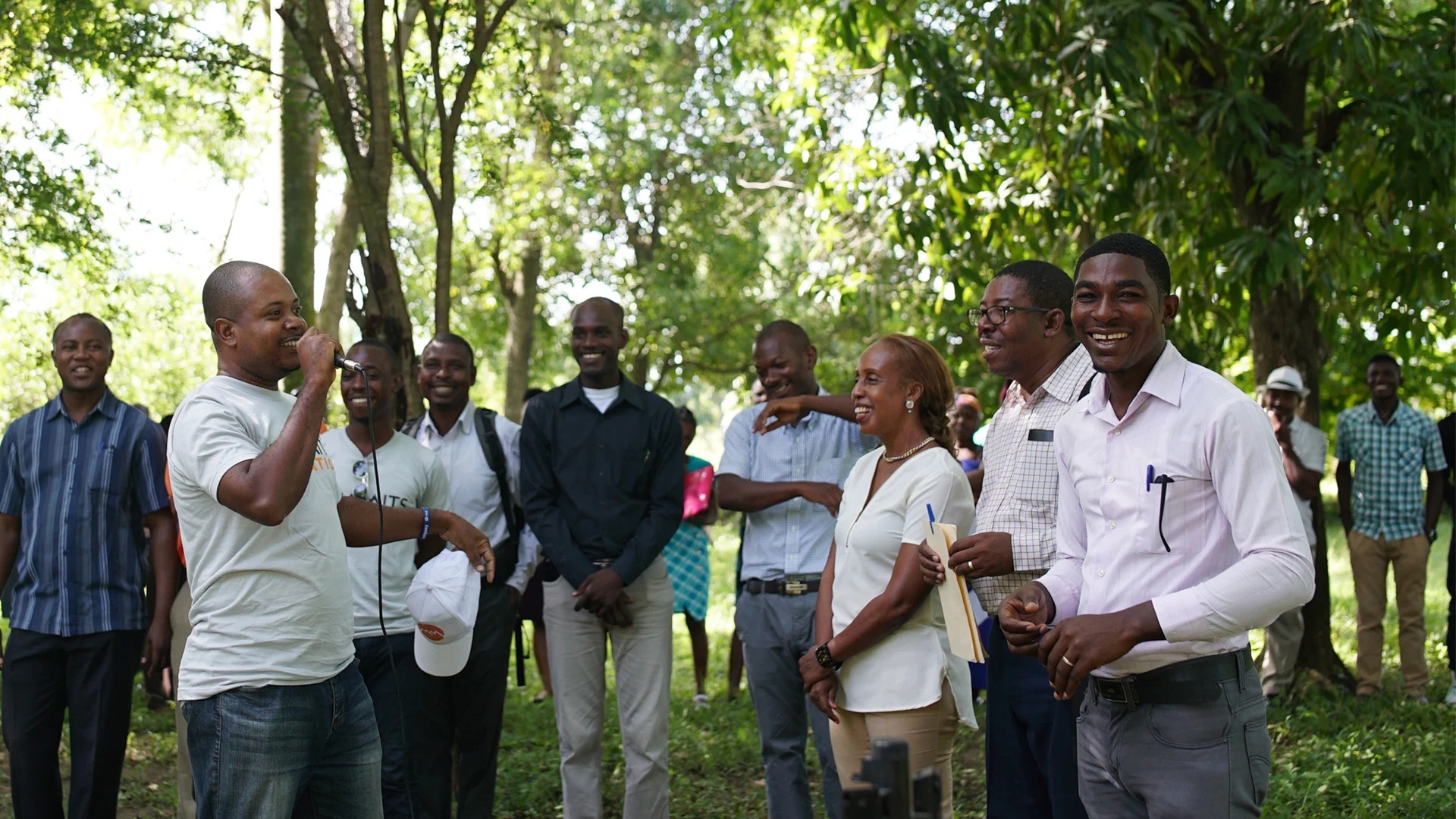Amidst escalating unrest, Haiti plunges into turmoil as its
government declares a state of emergency while acting Prime Minister Ariel
Henry remains stranded abroad due to mounting chaos. A gang leader threatens
"civil war" unless Henry resigns, adding to the nation's uncertainty.
Critics question Henry's legitimacy, citing his absence
during crucial times and alleging foreign intervention to support a corrupt
elite. Despite commitments for elections by next year, the call for Henry's
ousting raises doubts about Haiti's political future.
The surge in unrest exacerbates humanitarian crises,
displacing thousands and leaving many without shelter, food, or medical aid.
Over the weekend, thousands were driven from displacement sites, worsening the
plight of the vulnerable.
With hospitals overwhelmed and medical supplies dwindling,
Medecins Sans Frontieres intensifies its efforts, facing challenges in
transporting the injured amidst roadblocks and insecurity.
Henry's prolonged leadership crisis, stemming from President
Mose's assassination, fuels instability. His push for international security
support faces obstacles, while gang dominance hampers his return, leading to
further violence and chaos.
As pressure mounts for Henry to step down, speculation
arises about potential transitional leadership. Amidst this turmoil, the
historical roots of Haiti's plight, from colonial exploitation to modern-day
challenges, underline the nation's enduring struggle for stability and
progress.









.jpg)